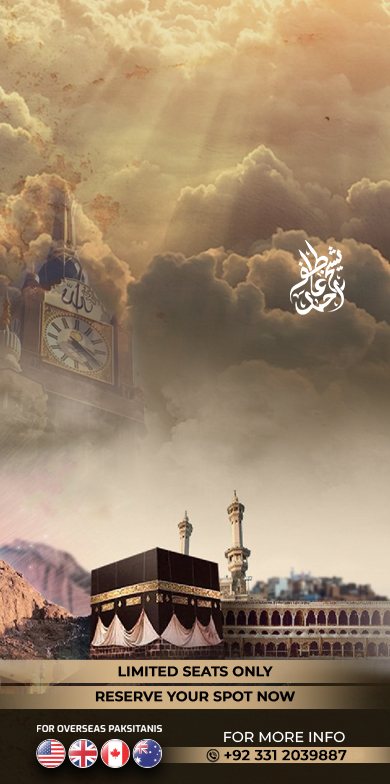Hajj Guide with
SHAYKH ATIF AHMED
Spiritual Benefits of Hajj
Discover the spiritual essence of Hajj strengthen faith, cleanse the soul, and embrace unity on this sacred journey.
Forgiveness & Purification
Hajj cleanses past sins, offering a fresh start, spiritual renewal, and a chance to strengthen faith and devotion.
Unity & Brotherhood
Hajj unites Muslims worldwide, fostering equality, breaking barriers, and strengthening the bonds of the global Ummah.
Spiritual Renewal
A journey of faith that deepens connection with Allah, strengthens Imaan, and renews spiritual commitment and devotion.
Patience & Humility
Hajj teaches endurance, gratitude, and humility, reminding pilgrims of life’s trials and the importance of perseverance in faith.
Preparing for Hajj
Ensure a smooth and spiritually fulfilling Hajj experience by preparing effectively. Follow these three essential steps to get ready for this sacred journey.
Spiritual & Mental Readiness
Purify Intentions – Strengthen faith through knowledge, dua, and spiritual readiness.
Understanding Rituals
Learn the key Hajj rituals to ensure a smooth and fulfilling pilgrimage experience.

